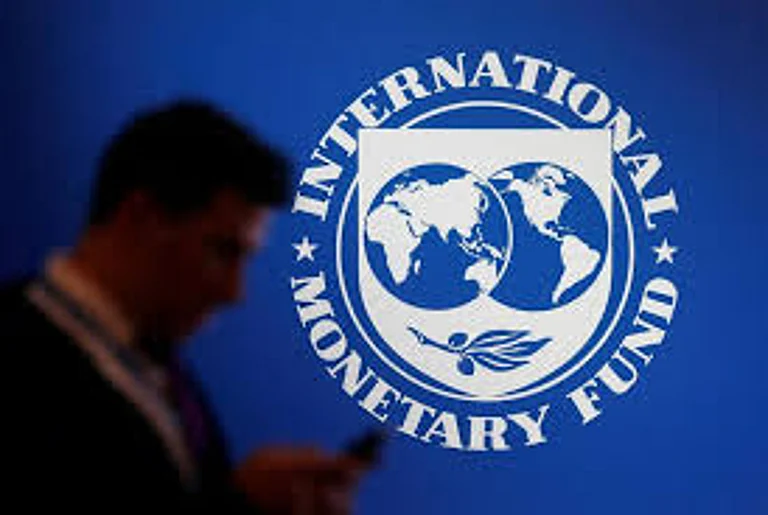Recently, when Star India sold its 26% stake in Balaji Telefilms, its promoters buying part of that stake was obvious. However, the entry of Dalal Street's ace investor RK Damani and the substantial acquisition of shares by Sameer Nair who joined as CEO a year back after his not-so-successful stint at NDTV Imagine came across as intriguing. Nair has known the Balaji promoters since his Star TV days where he was the programming head and then the chief executive till 2007. Once the darling of the bourses, Balaji has been out of favour with investors for some years now due to its inability to keep up profitable growth.
The company was a roaring success in the early 2000s thanks to its saas-bahu serials, which were a huge hit with housewives. Post FY08, however, the company seems to have lost its magic touch. That financial year, it had a total income of ₹396 crore and a profit of ₹96 crore. It was only in FY14 that the production house was able to exceed the FY08 topline. It closed FY14 with ₹425 crore but that was accompanied by a loss of ₹17 crore even after the other income of ₹18 crore generated from investments.
The company has been struggling with its sponsored content foray while its movie business continues to incur losses. At the FY08 peak, due to the exclusive tie-up with Star, it used to enjoy double the realisation that it gets today. The market has also become fragmented with many small production houses distorting pricing. Also, their strategy to enter sponsored programming around 2010, by managing content and advertising, did not work well as they were not able to garner enough advertising revenues.
All hope is now pinned on Nair who was at the helm when Star TV catapulted to the top slot through Kaun Banega Crorepati in the year 2000. A year under his stewardship, the company has started to show signs of a turnaround. Internal efficiencies have boosted profit margin a little. In FY15, the company produced 962 hours of programming compared to 554 in FY14 and 630 in FY13. This had a positive impact on Ebidta, which moved up from 3.8% in FY14 to 6.1% in FY15. If it can maintain higher utilisation, and realisation at the current level of ₹21.94 lakh per hour (₹20.42 lakh a year back), earnings could jump up further. "We have totally exited from sponsored programming and moved fully towards commissioned programming, leading to healthy realisation, improved margins and better revenue growth," said the management in its FY15 annual report.
Apart from a sharp focus on internal efficiencies, Nair is trying to leverage Balaji’s strong content — about 150 television serials — through its digital initiatives. It is creating paid content and trying to leverage digital consumers. In an earlier interview with Mint, Nair said, even if 10 million people are ready to pay $2 for an episode, that will be close to ₹120 crore of business. But that is still hypothetical as monetisation of digital media content has so far remained elusive in India.
The third leg of Nair’s strategy is to scale down the movie business, which accounts for 32% of the revenue and makes losses at the EBIT level. With its focus on mid-budget movies, Balaji’s movie business was a success initially but started losing money with several flops coming its way. Contribution from movies came down to ₹1 crore in the quarter ended June 2015, from ₹89 crore last year, and about ₹10 crore in the quarter ended March 2015. Going ahead, that would have a positive impact on profitability as Balaji made a standalone profit of ₹12 crore in FY15. Overall in FY15, it made a profit of ₹5.6 crore on a topline of ₹358 crore.
Meanwhile, there are a few things going for the stock: the company is debt-free and sitting on cash and cash equivalents of about ₹200 crore or about ₹31 a share versus the current market price of ₹82. But the market seems to be getting positive vibes about the stock given that Nair has been systematically hiking his stake — in the last round he bought 4 lakh shares worth ₹2.5 crore, which is in addition to the 35,000 shares he bought earlier at ₹80 a share. That might be an indication of better times ahead.











 Just one email a week
Just one email a week